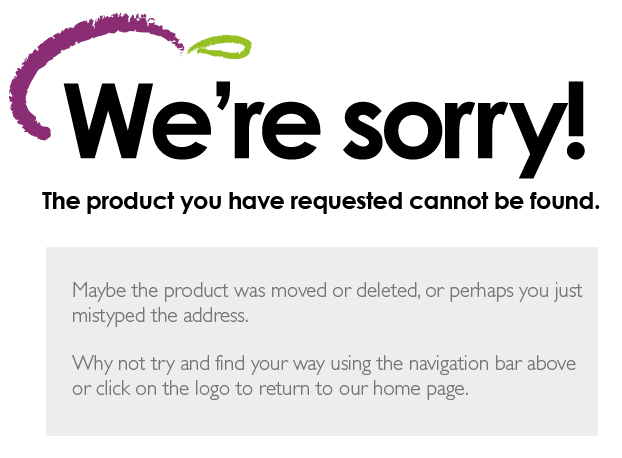Không tìm thấy tin đăng này!

RAO VẶT HÔM NAY
 1
1Tham khảo chi phí du học mỹ cùng với edupath
Cập nhật: 15 phút trước- 0
Chính chủ cần bán nhà phố hồ tùng mậu quận nam từ liêm 90 m2 x 6 tầng mt rộng
Cập nhật: 20 phút trước - 0
Chính chủ cần bán nhà phố chùa hà quận cầu giấy 43 m2 x 5 t mt rộng nhỉnh 8 tỷ
Cập nhật: 22 phút trước - 0
Cực hiếm chính chủ cần bán lô đất phân lô phố minh khai 114 m2 nhỉnh 17 tỷ ô
Cập nhật: 24 phút trước  1
1Cửa cuốn khe thoáng combi c70 austdoor – giải pháp an toàn, bền đẹp cho nhà phố
Cập nhật: 24 phút trước 1
1Liên hệ edupath để nhận tư vấn và hỗ trợ xin học bổng du học mỹ
Cập nhật: 25 phút trước- 0
Cần bán lô đất chính chủ cực hiếm phố lê quang đạo quận nam từ liêm 80 m2 nhỉnh
Cập nhật: 29 phút trước - 0
Chính chủ cần bán nhà phố tây đam quận bắc từ liêm 36 m2 x 5 tầng nhỉnh 4 tỷ ô
Cập nhật: 29 phút trước - 0
Chính chủ cần bán nhà phố ngọc trục đại mỗ quận nam từ liêm 35 m2 x 5 t nhỉnh
Cập nhật: 29 phút trước - 0
Cần bán nhàchính chủ quận nam từ liêm phố mỹ đình 52 m2 x 5 t 6.8 tỷ ô tô kd
Cập nhật: 31 phút trước - 0
Cần bán lô đất chính chủ cực hiếm phố lê quang đạo quận nam từ liêm 80 m2 nhỉnh
Cập nhật: 31 phút trước - 0
Chính chủ cần bán nhà có 102 đống đa phố nguyễn lương bằng 54m2 x4 t .5 tỷ ô
Cập nhật: 33 phút trước - 0
Chính chủ cần bán nhà phố mỹ đình quận nam từ liêm 39 m2 x 6 tmt rộng nhỉnh 4
Cập nhật: 34 phút trước - 0
Chính chủ cần bán tòa nhà phố tôn đức thắng 113 m2x 9 tầng mt rộng giá 70 tỷ ô
Cập nhật: 35 phút trước  1
1Immipath – công ty tư vấn định cư mỹ diện eb3 uy tín tối ưu chi phí
Cập nhật: 36 phút trước- 0
Cần bán lô đất chính chủ cực hiếm phố lê quang đạo quận nam từ liêm 80 m2 nhỉnh
Cập nhật: 36 phút trước - 0
Chính chủ cần bán nhà quận đống đa phố nguyễn lương bằng 38m2 x 3 t 8.8 tỷ ô tô
Cập nhật: 36 phút trước - 0
Chính chủ cần bán tòa nhà ccmn phố hồ tùng mậu quận cầu giấy 55m 2 x 6 t nhỉnh
Cập nhật: 43 phút trước - 0
Cực hiếm hót chính chủ cần bán đất phố văn trì quận bắc từ liêm 100m2 nhỉnh 10
Cập nhật: 43 phút trước  1
1Chính chủ cần bán nhà phố mỹ đình quận nam từ liêm 30 x 5 t nhỉnh 3 tỷ ô tô kd
Cập nhật: 46 phút trước




